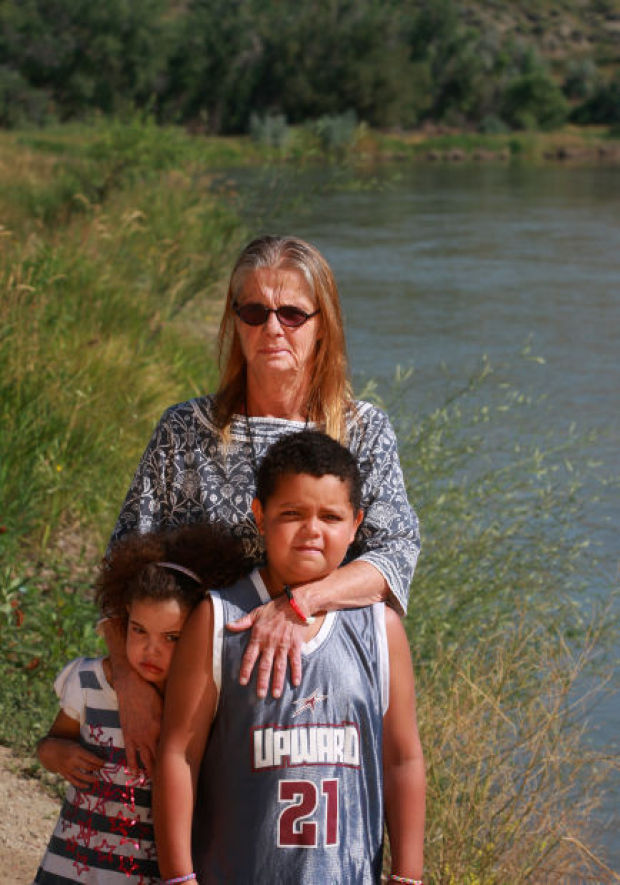It can happen so quickly; boy meets girl and along comes baby and perhaps another. Sometimes things work out. Other times, the boy and girl are not ready to raise a child. Maybe they are still adolescents or emerging adults not ready to handle the responsibility. Perhaps they are adults but struggling with substance abuse or other behavioral health issues. Our current United States culture believes children are best raised by birth parents when possible and so these not yet capable caregivers usually attempt to parent the children. When things go wrong, it is then that Grandma and Grandpa often step in and attempt to raise the grandchildren.
In doing so, grandparents typically have their work cut out for them. Children often end up in grandparents’ care only after birth parents have tried unsuccessfully. Sometimes the children are abandoned. Other times, the courts play a part or the grandparents simply step in and request custody. In any case, the children involved typically suffer from insecure attachment styles from the early days with their birth parents (Schneider, Gruman & Coutts, 2012, p. 360). These attachments set them up for difficulty in forming healthy relationships throughout the lifespan. Additionally, these children probably have faced other adverse events, such as substance abuse, that led them to the different custody situation. It is not surprising then that children raised by custodial grandparents are prone to behavioral problems (Kelley, Whitley & Campos, 2011).
Sometimes elderly, grandparents have passed the age of child rearing. Their social networks consist of others, like themselves, who are retired and done raising children. Their incomes are typically limited by retirement and social security payments. Additionally, as they age, these elderly folks are prone to their own health problems. This time in life is a far cry from the younger days of raising children.
When grandparents become caregivers of grandchildren, social isolation tends to set in. Their social networks are no longer available because they no longer share the same interests (Hayslip & Kaminski, 2005). This social isolation has been cited as a major stressor for custodial grandparents (Hayslip & Kaminski, 2005). Additionally, these retired folks have fixed incomes and typically do not have the financial resources necessary to raise children in the world today. If one or both suffers age related health issues, along with the financial stress, lack of support, and troubled relationships with the grandchildren, the grandparents are likely to struggle immensely.
What then should society do for these vulnerable families? Luckily, the answer is not entirely bleak. While more studies are necessary, increasing social support, financial resources, and offering (grand)parenting education could mediate some of the poorer outcomes that are exacerbated by issues the families face (Hayslip & Kaminski, 2005). We should continue to look toward social supports for these alternative family models as it appears that the trend of grandparents raising grandchildren when the parents cannot, will continue.
Hayslip, B., Jr., & Kaminski, P. L. (2005). Grandparents raising their grandchildren: A review of the literature and suggestions for practice. The Gerontologist, 45(2), 262-269. doi: http://dx.doi.org/10.1093/geront/45.2.262
Kelley, S. J., Whitley, D. M., & Campos, P. E. (2011). Behavior problems in children raised by grandmothers: The role of caregiver distress, family resources, and the home environment. Children and Youth Services Review, 33(11), 2138-2145. doi: http://dx.doi.org/10.1016/j.childyouth.2011.06.021
Schneider, F., Gruman, J., Coutts, L. (2012). Applied social psychology: Understanding and addressing social and practical problems (2nd ed.). Los Angeles: Sage.



